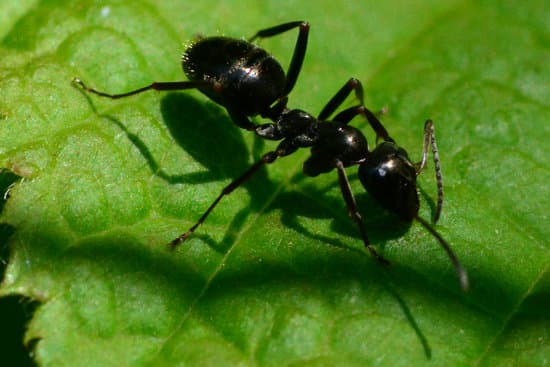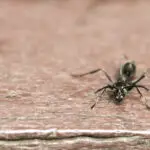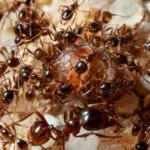Can Ants Have Rabies?
Often people do not consider ants as disease carriers but they are known as vectors of infectious microorganisms. Infections caused by bacteria, fungi, parasites, and toxins can be transmitted by ants, and may be life-threatening. Often, ants live in damp areas and come close to human dwellings to seek food and water.
Among other diseases, ants can transmit Salmonella, Shigella, and other pathogens through their bites. These bites can lead to severe allergic reactions and skin infections. They may also cause anaphylaxis, which is a life-threatening condition. If you feel ill after being bitten by an insect, contact your doctor immediately.
An investigation was carried out in order to determine the potential for pathogenic bacteria to be transferred by ants. To do this, samples were collected from different sites, such as kitchens, bathrooms, hospitals, and other public buildings. Several laboratory tests were carried out to identify the bacteria in each sample.
Ants carried various species of bacteria, including gram-negative bacilli and antimicrobial drug-resistant strains. They also carried pathogenic organisms, such as Clostridium and Staphylococcus. The study identified four ant species as carriers of 21 species of bacteria.
An experiment was also conducted in order to determine the transference rate of bacteria. The study showed that ants were more likely to carry Bacillus spp. and coliforms when they were collected near kitchen sinks.
Ants in the laboratory also showed a high resistance to antibiotics, which indicates that they may be transmitting bacteria to food and people. In addition, ants are known to be sporadic carriers of Salmonella.








